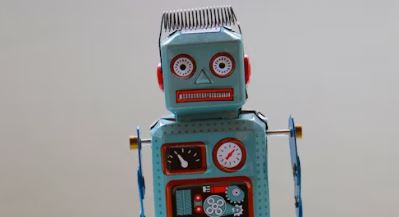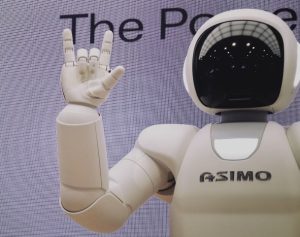
Advancing the Frontiers of Knowledge: Insights from AI and Machine Learning Research
In the dynamic realm of artificial intelligence (AI) and machine learning, research and development (R&D) serve as the engine driving innovation and progress. From academia to research institutions, scientists and scholars are at the forefront of unraveling the mysteries of AI, exploring new algorithms, and pushing the boundaries of what’s possible. Let’s delve into the latest findings, experiments, and theoretical breakthroughs emerging from the vibrant landscape of AI and machine learning research.
Researchers at MIT’s Computer Science and Artificial Intelligence Laboratory (CSAIL) have made significant strides in natural language processing (NLP), unveiling a new language model capable of understanding and generating text with unprecedented fluency and accuracy. By combining deep learning techniques with novel architectures, the researchers have overcome longstanding challenges in NLP, paving the way for more intelligent conversational agents and language translation systems.
Meanwhile, at Stanford University’s AI Lab, researchers are exploring the intersection of AI and healthcare, developing innovative algorithms for medical image analysis and disease diagnosis. By leveraging advanced machine learning techniques, including convolutional neural networks (CNNs) and recurrent neural networks (RNNs), the team has achieved remarkable success in detecting early signs of diseases such as cancer and Alzheimer’s, revolutionizing the way medical professionals diagnose and treat patients.
In the field of reinforcement learning, researchers at DeepMind and OpenAI are pushing the boundaries of AI capabilities, developing algorithms that can learn complex tasks through trial and error. By combining reinforcement learning with techniques such as deep Q-networks (DQN) and policy gradients, these researchers have achieved breakthroughs in areas such as autonomous navigation, robotic control, and game playing. These advancements have profound implications for industries ranging from transportation to manufacturing to entertainment.
In the realm of theoretical breakthroughs, researchers at leading universities such as Carnegie Mellon and the University of Toronto are making strides in understanding the fundamental principles underlying AI and machine learning. Through mathematical analysis, computational modeling, and empirical validation, these researchers are unraveling the mysteries of learning, cognition, and intelligence, shedding light on how AI systems can be designed to learn and adapt in dynamic environments.
As the pace of AI and machine learning research accelerates, collaboration and knowledge sharing become increasingly vital. Through conferences, workshops, and open-access publications, researchers from around the world come together to exchange ideas, collaborate on projects, and push the boundaries of knowledge. By fostering a culture of curiosity, innovation, and interdisciplinary collaboration, the global research community is driving forward the frontier of AI and machine learning, unlocking new possibilities and shaping the future of technology.

